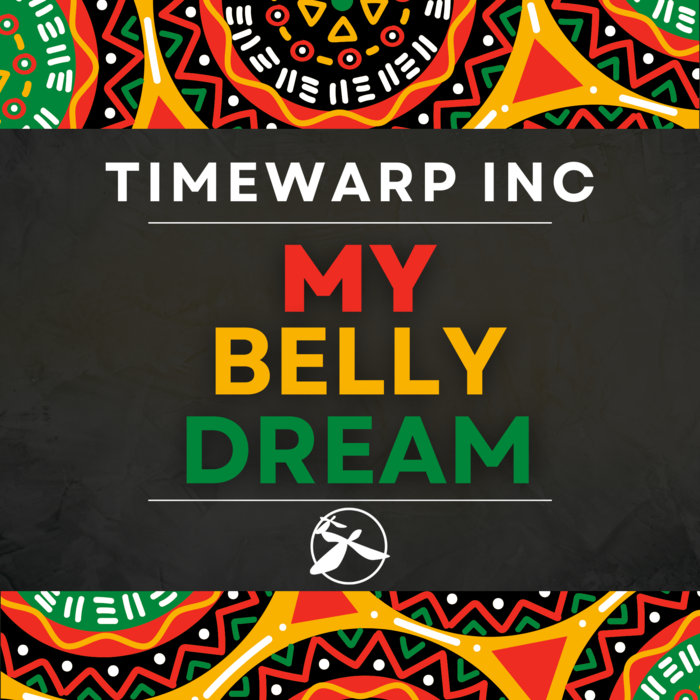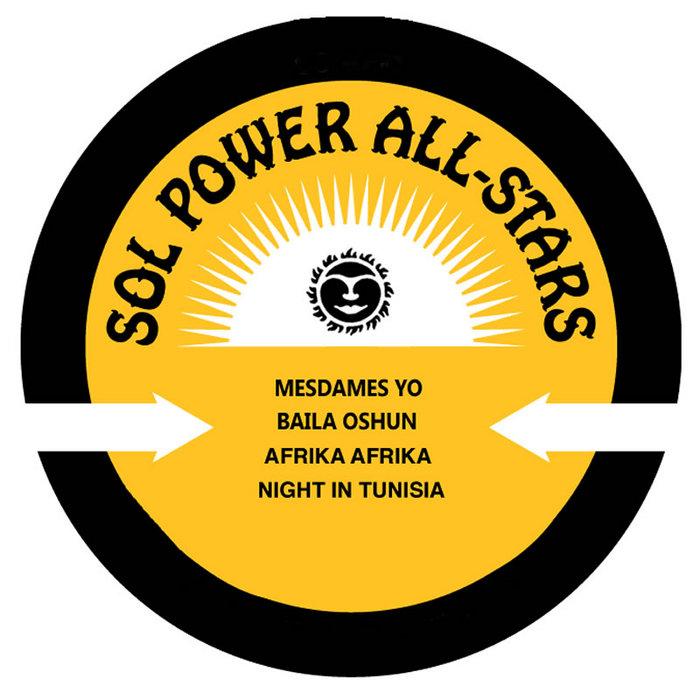
My Belly Dream – Timewarp inc
this blog is GROOVY – check out great Soul, Funk, Jazz, Hip Hop, Bass, Breaks , Reggae, House n many more TUNES
Hey there, music lovers! Let’s dive into the vibrant world of Afrodisco, a genre that mixes the infectious energies of African rhythms with the dazzling flair of disco. Buckle up, because this trip is going to be filled with grooves, glitter, and some giggles along the way!
Picture it: late 1960s to early 1970s. The bubbling pot of cultural change was brewing in Africa as social movements birthed new sounds. At the same time, across the ocean in America, disco was exploding onto dance floors from New York to Los Angeles. It wasn’t long before these two explosive forces collided.
In West Africa—particularly in countries like Nigeria and Ghana—musicians began mixing traditional African beats with funky bass lines and soaring strings that were all the rage in disco clubs. This fusion gave birth to what we now call Afrodisco.
So who were these trailblazers? You bet they had some stories!
Fela Kuti – Known as “The Black President,” Fela wasn’t just a musician; he was a political force! His songs often featured sharp social commentary over catchy afrobeat rhythms—and you could definitely groove to them! Fela once claimed his band would play until “the last person got tired” at their shows—a marathon session fueled by passion (and probably plenty of palm wine)!
T.P. Orchestre Poly-Rythmo de Cotonou – These guys are legends from Benin known for fusing funk and traditional sounds into delicious musical treats! Fun fact? They gained such popularity that when their show played one night in Paris, fans created traffic jams trying to get there—not exactly your average concert experience!
Manu Dibango – With his hit “Soul Makossa,” Manu brought an international flavor touch down under like none other! Did you know he accidentally created one of Michael Jackson’s biggest hits? Yep! “Wanna Be Startin’ Somethin’” borrowed its iconic hook from Dibango’s tune—and he only found out when his phone blew up with royalties talks!
As Afrorock blended seamlessly into Afrofunk which then sultry stepped into Afrodisco, dance floors lit up worldwide grooving wildly to twinkling synths matched perfectly with hand drums and brass sections blazing through night skies.
Afrodisco grew not just as sound but also as a dazzling culture where fashion met celebration – think bright colors bursting forth alongside sequins galore capturing all those funky feelings while folks twirled about joyfully on crowded dance floors.
Musicians aren’t without their quirks even amidst those killer beats:
During an epic jam session back in ’77 at Studio 54 (yes people actually danced there), one prominent artist managed accidentally spill champagne everywhere while dancing—it became part performance art inspiring countless others for years after!
Another legendary figure lost track of time during recording sessions so much that they didn’t realize until it was dawn—the studio staff thought they’d gotten creative overnight instead ended up pushing tea breaks till lunch hour rolled around!
Some artists have quirky superstitions too; one prominent group believed wearing mismatched socks would make their music extra catchy—they had enough chart-topping hits thanks partly due those silly foot fashions… talk about stepping into style & success!!
Fast forward through decades… If there ever was doubt regarding Afrodisco fading away?! Forget it!! Artists today continue stirring this potent blend preserving roots while assuring its legacy thrived magnificently throughout generations past present future alike!!!
From contemporary stars such Wizkid or Burna Boy sampling old-school tunes giving homage whilst keeping fresh vibes alive—who doesn’t love hearing nostalgia mixed delightfully modern styles?
And let’s not forget how globally people have embraced afro-infused sounds—from parties blasting remixes spinning classics across continents—to film scores picking rhythmic gems revitalizing moods enriching narratives onscreen paving way bringing forth cross-cultural experiences bridging gaps together musically united against barriers standing strong wherever beat drops happen undeniably shared unequivocally!!!
So here we stand today riding soulful waves originating decades ago yet still bouncing heartbeats echoing louder each day onward reminding us life itself dances through both pain joy triumph losses alike elegantly swirling merging embracing rhythmically creating pure magic every time we reach out connect ultimately savor exchanging smiles hugs enlivened spirit flowing endlessly tapping feet invigorated souls moving sweetly honored tradition living within our beats continuously caressing nostalgic moments lighting paths ahead forging connections fostering unity radiating love peace creativity unfolding upon realms far beyond limits possible henceforth forever captivating always joyful ready groove catch latest waves heading our way!!!
Alrighty now friends – keep your spirits high shake off any worries dance freely express yourselves unapologetically never forgetting THE POWER OF MUSIC brings together hearts igniting potentially limitless possibilities whenever good tunes guide flow voicing sweetest notes heard loudest beating drum pulsing joy celebrating world moving forward funkiest gratefulness expressed universally forevermore!!!

My Belly Dream – Timewarp inc

Mesdames Yo EP – Sol Power All-Stars